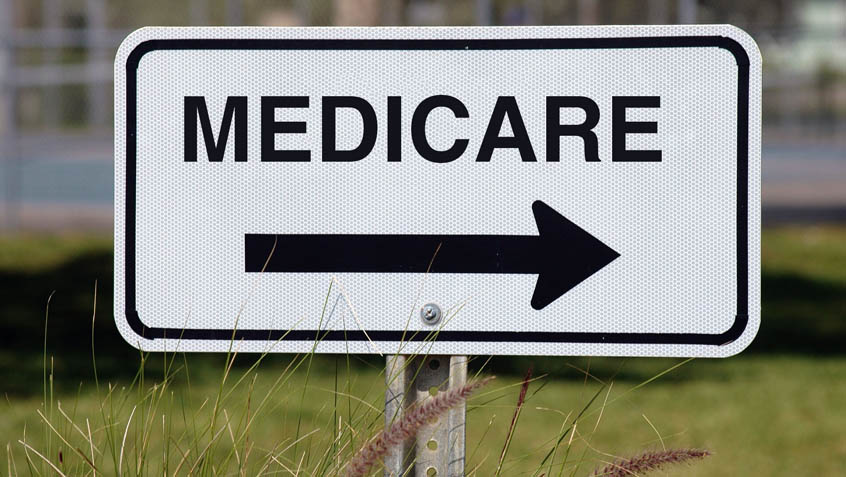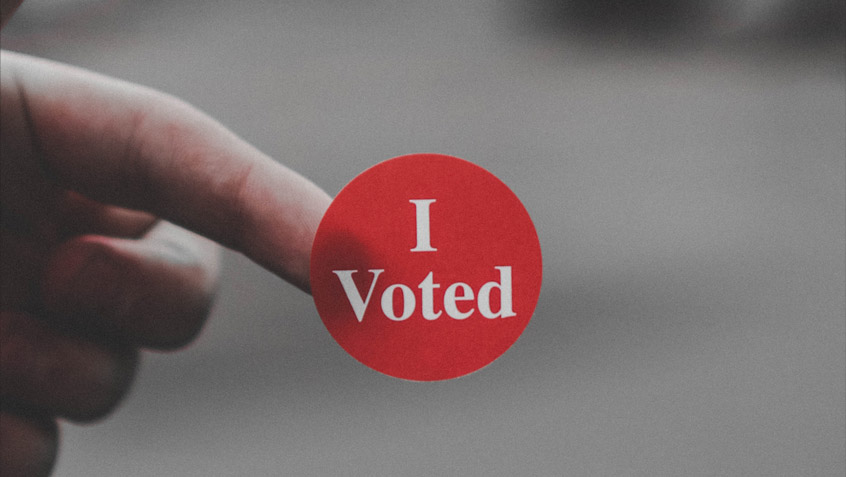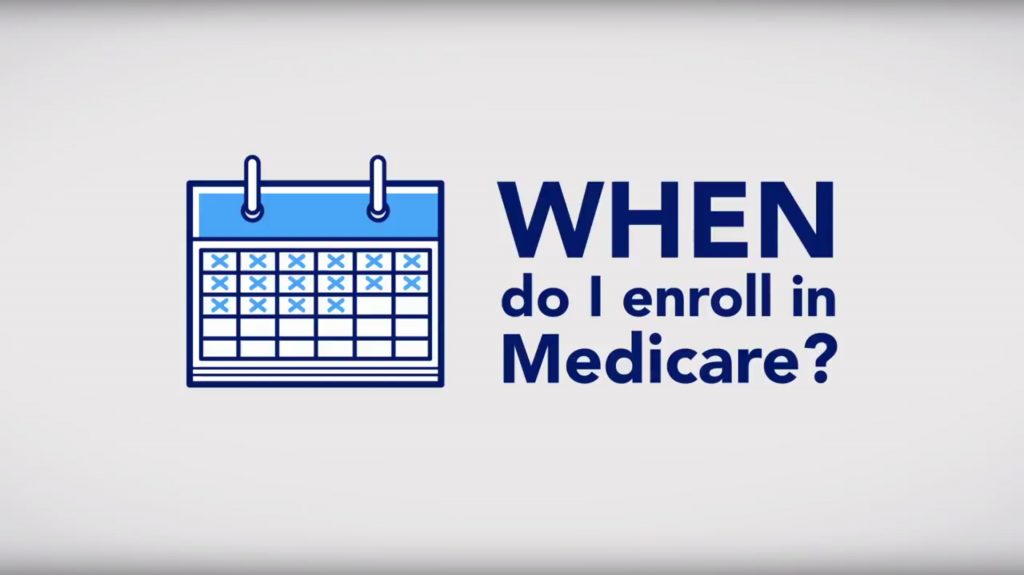Earlier this month, the Medicare Rights Center and the Center for Medicare Advocacy sent a letter to the Centers for Medicare & Medicaid Services (CMS) expressing concerns with some of the agency’s Fall Open Enrollment education and outreach materials. These materials seem to promote Medicare Advantage (MA) over Original Medicare.
Read More
As we recently discussed, there are two big ways Congress can help protect and strengthen Medicare in the current lame duck session—by passing the BENES Act and protecting important Part D reforms. But we need your help! Follow the steps below to ask your lawmakers to prioritize people with Medicare.
Call your Members of Congress by dialing the Capitol Switchboard at 202-224-3121. Ask to be connected with your Representative and Senators.
Read More
This week, lawmakers returned to Washington for the “lame duck” session, where they face a variety of issues to resolve before the end of the year. A lame duck session occurs when Congress reconvenes after an election, and is a reference to the outgoing members who still have voting powers.
The lame duck outlook for health care programs is somewhat uncertain, but lawmakers will have several opportunities to protect and strengthen programs for older adults and people with disabilities. In the coming days, we’ll be asking Congress to prioritize Medicare, Medicaid, and the Affordable Care Act.
Read More
Earlier this year, the Centers for Medicare & Medicaid Advocacy (CMS)—the federal agency that oversees the Medicare program—proposed changing the way Medicare pays physicians, in part by creating a flat fee per office visit. As Medicare Rights and other commenters noted, doing so could have devastating consequences for people with Medicare.
Read More
Last week, the Medicare Rights Center and the National Council on Aging (NCOA) released a new resource on the expansion Medicaid-to-Medicare transition process. Our Expansion Medicaid Transitions Guide is designed, in part, to help advocates learn about their state’s transition process and better assist clients when they need to switch from expansion Medicaid to Medicare. The guide includes terminology, an overview of select state processes, and some troubleshooting steps advocates can consider when encountering problems.
Read More
The 2018 midterm elections mean big changes are coming to Washington. When the 116th Congress convenes in January, it will be a divided one: Republicans will continue to control the Senate, but Democrats will have a majority in the House of Representatives for the first time in eight years.
With split-party control, any legislation will require bipartisan support in order to pass. The need for such consensus greatly decreases the likelihood that radical, disruptive bills will reach the President’s desk in the coming years, and effectively eliminates the acute threats to Medicare, Medicaid, and the Affordable Care Act (ACA) that have dominated congressional conversations since 2017.
Read More
We told you so. Shortly after the passage of last year’s massive tax cut, our organizations stated that it would “result in a gaping revenue shortfall of $1.5 trillion or more, putting Medicaid, Medicare, and Social Security directly in the cross-hairs of policy-makers seeking to pay for the tax cuts.” After driving up the deficit, it was clear that some policymakers would use the huge shortfall they created to justify cuts to programs like Medicare.
Read More
Last week, the Department of Health & Human Services (HHS), the department of the federal government that oversees the Medicare program, previewed some changes it will be proposing for Medicare Part B prescription drug coverage. The administration claims these changes will lower the cost of Part B medications.
Most prescription drugs are covered under Medicare Part D, but a select number of drugs–usually ones that are administered by providers–are covered under Part B. These drugs tend to be very expensive and are generally used to treat serious conditions such as cancer, End-Stage Renal Disease, autoimmune disorders, or in the event of an organ transplant.
Read More
While most people newly eligible for Medicare are automatically enrolled in the program because they are receiving Social Security benefits at age 65, a growing number are not—and can face significant challenges in knowing how and when to do so. A recent article in The New York Times, “Why You Shouldn’t Wait to Sign Up for Medicare Part B,” highlights these complexities through the experience of Mr. Zeppenfeldt-Cestero, whose mistake in delaying Part B triggered punitive financial penalties and harmful coverage gaps.
The article also focuses the BENES Act (S.1909/H.R. 2575), in particular that it would help prevent enrollment mistakes by modernizing and simplifying the Part B enrollment process, and by sending notices to people who are approaching age 65 that clearly explain Part B enrollment.
Read More









